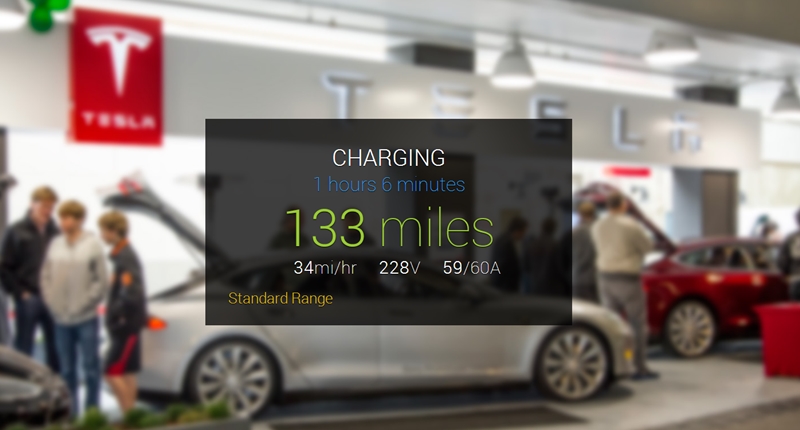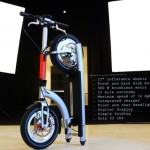HONOR has officially opened pre-orders for its much-anticipated HONOR 400 and HONOR 400 Pro smartphones in South Africa — ushering in a bold new…
Elon Musk wants to power your house with Tesla batteries

No one can put a positive spin on a bad set of quarterly results quite like Elon Musk can. While the Tesla CEO was busy having to explain to investors and journalists exactly how it was that the electric car company missed its delivery targets on the Model S so badly, he pulled a rabbit out of his hat.
No, there wasn’t a surprise new model announced, nor a crazy new take on a charging network. Instead Musk announced that the company was busy producing batteries that could power people’s homes.
“We are going to unveil the Tesla home battery, the consumer battery that would be for use in people’s houses or businesses fairly soon,†he told analysts during an earnings conference call.
“We have the design done, and it should start going into production in about six months or so,†Musk added. “It’s really great.â€
The battery packs could have multiple use cases, including providing back up power to private homes during power outages. A more likely scenario however is that the battery packs will be bundled with solar power packages from companies like Solar City, which Musk is also an investor in.
If Tesla is to be believed however then the real money is in the potential for for its battery packs to be used by power providers.
“A lot of utilities are working in this space and we are talking to almost all of them,†Chief Technology Officer JB Straubel said on the earnings call. “This is a business that is gaining an increasing amount of our attention.â€
Tesla’s home state of California is an ideal place to start with these efforts, especially given that authorities there have frequently stated that energy storage could be a crucial means of managing the power grid as well as integrating alternative forms of energy and reducing greenhouse emissions.
It’s also worth noting however that Tesla’s role as a disruptor could be far more important in the space — just as it has been in motoring — than its ability to shift units.

